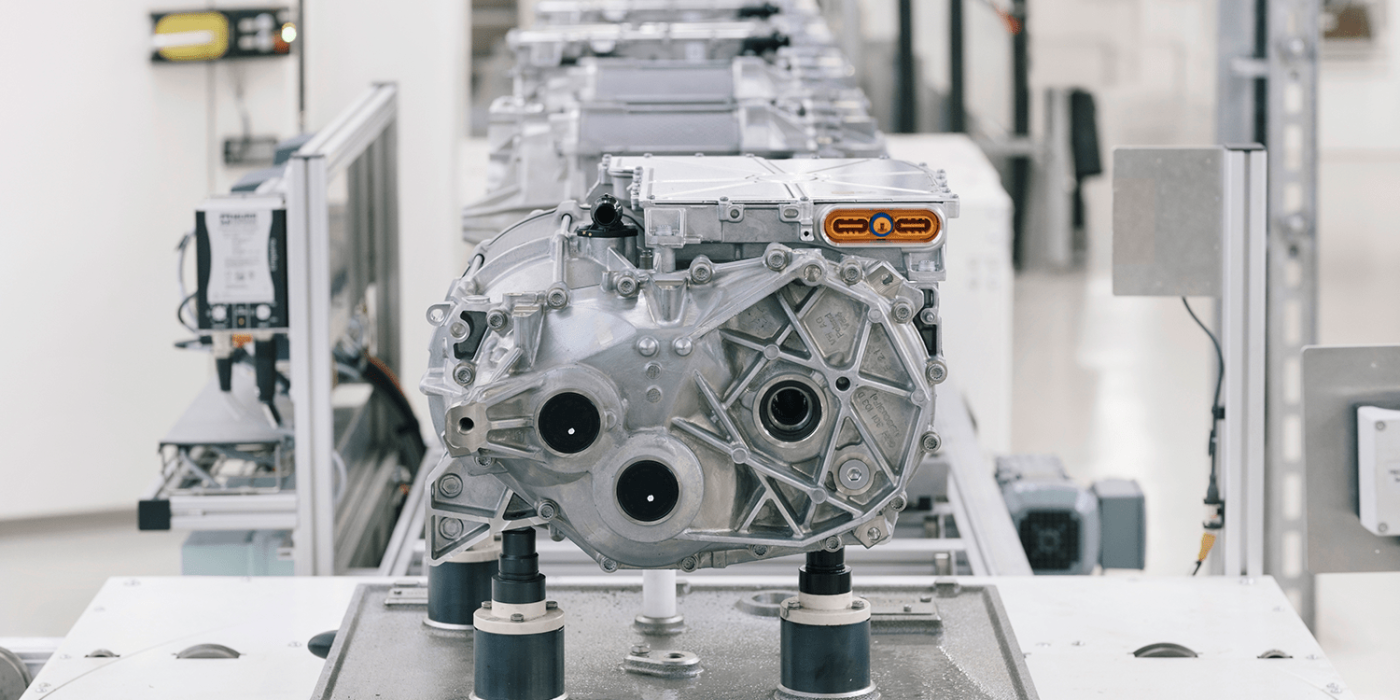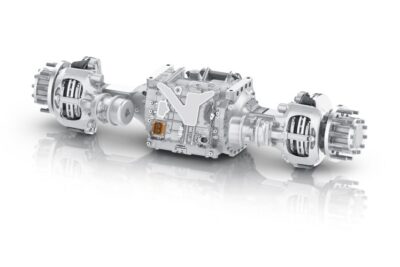Research project ‘HEFT’ to develop affordable drive technology
The European research and development project HEFT, launched by Spain’s Mondragon University, aims to develop cost-effective and efficient permanent magnet electric drive systems with higher power density for the mass production of next-generation electric vehicles.
The four-million-euro project is funded by the European Commission and will involve eight partners from Belgium, Italy, Slovenia, Spain and the UK, alongside GKN Automotive joining as an industrial partner. The powertrain specialist will cover the manufacturing process as well as assembly, ensuring that the final design of the electric drive system meets the needs and requirements of the industry. The other members of the consortium include the magnet manufacturer Magneti Ljubljana, the companies Vyncolit and Ikerlan, and the universities of Nottingham, Bologna and Leuven.
To align the project with broader resource efforts, HEFT will be cooperating with the European Raw Materials Alliance (ERMA) “action plan towards a circular economy market of rare earth permanent magnets”. Once the automotive drive solutions have been worked out, the organizers intend to set up workshops to increase the adoption of its solutions.
Javier Poza, HEFT Project Coordinator and Head of Electric Machines and Drives research group at Mondragon University, stated: “The HEFT project will allow European companies, research institutions and universities to successfully position themselves in the market, improving their capabilities and know-how in highly efficient and cost-effective eMotor design and manufacturing. It will also promote new job opportunities linked to magnet recycling and circular economy for rare earth-based magnets.”
“The HEFT project is an exciting opportunity to develop the next-generation of eMotors that will be more sustainable and efficient, while costing less to manufacture,” explains Aitor Tovar, Senior Global Manager eMotor Development at GKN Automotive. “Minimising the environmental impact of manufacturing, particularly through a reduction in the use of rare earth critical raw materials, is an essential consideration in the development of future products, so the implementation of a circular economy strategy is another key motivation in our participation in this project.”





0 Comments